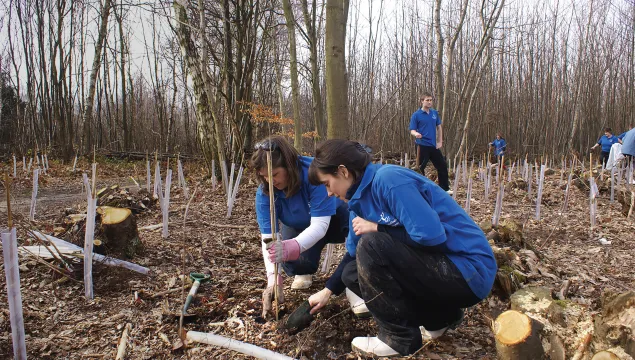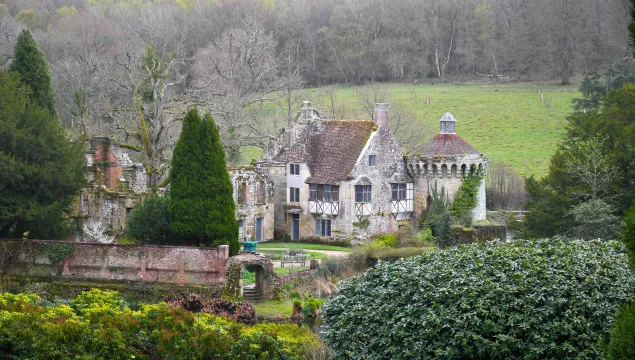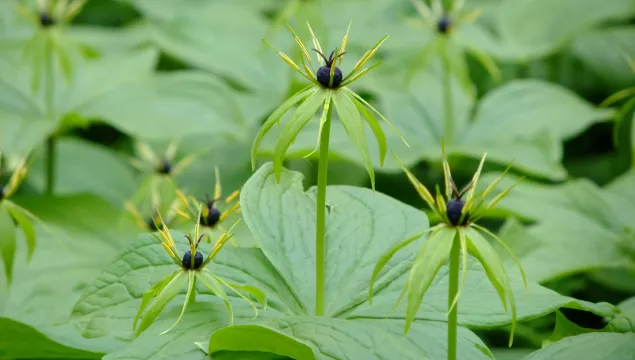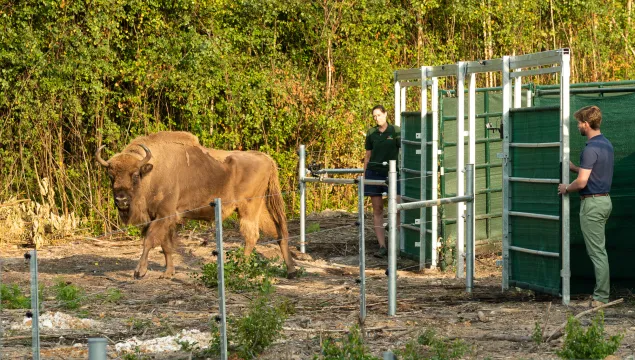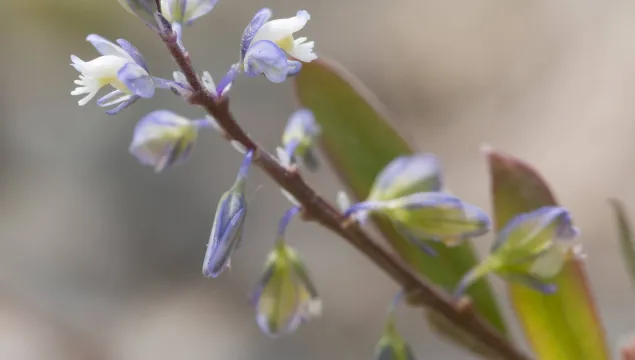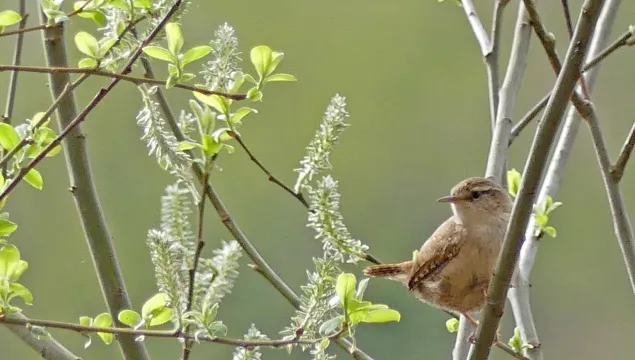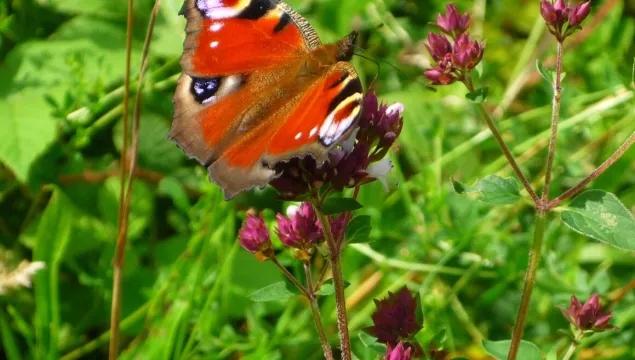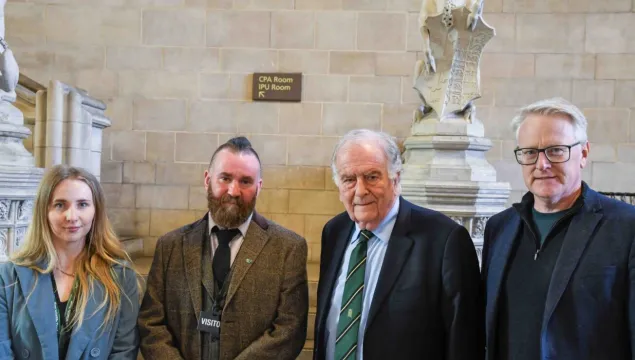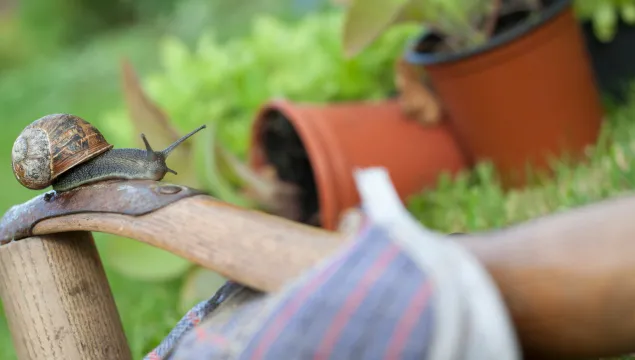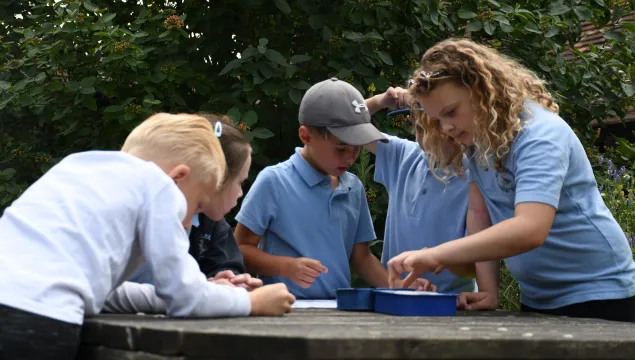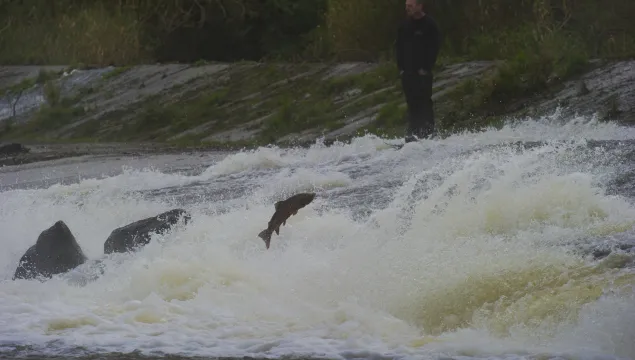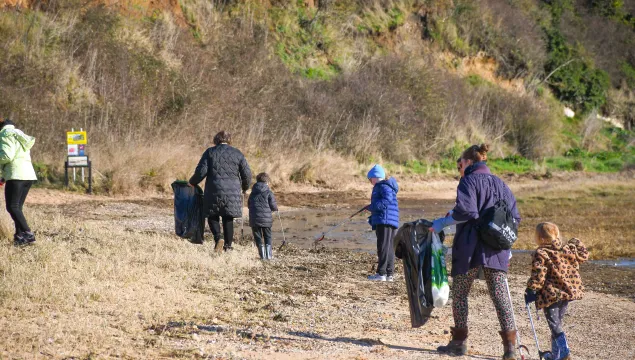
How to organise a beach clean
Plastic: while this modern material can be highly useful in many contexts, its durability is also a curse. When it’s discarded it’s a blight on our wild spaces, and a threat to our wildlife - both as litter, and when it breaks down, as microplastics which pollute ecosystems and weaken or kill organisms when ingested. A disheartening thought – but remember that taking action to pick up litter, however small, could help save an animal’s life.

